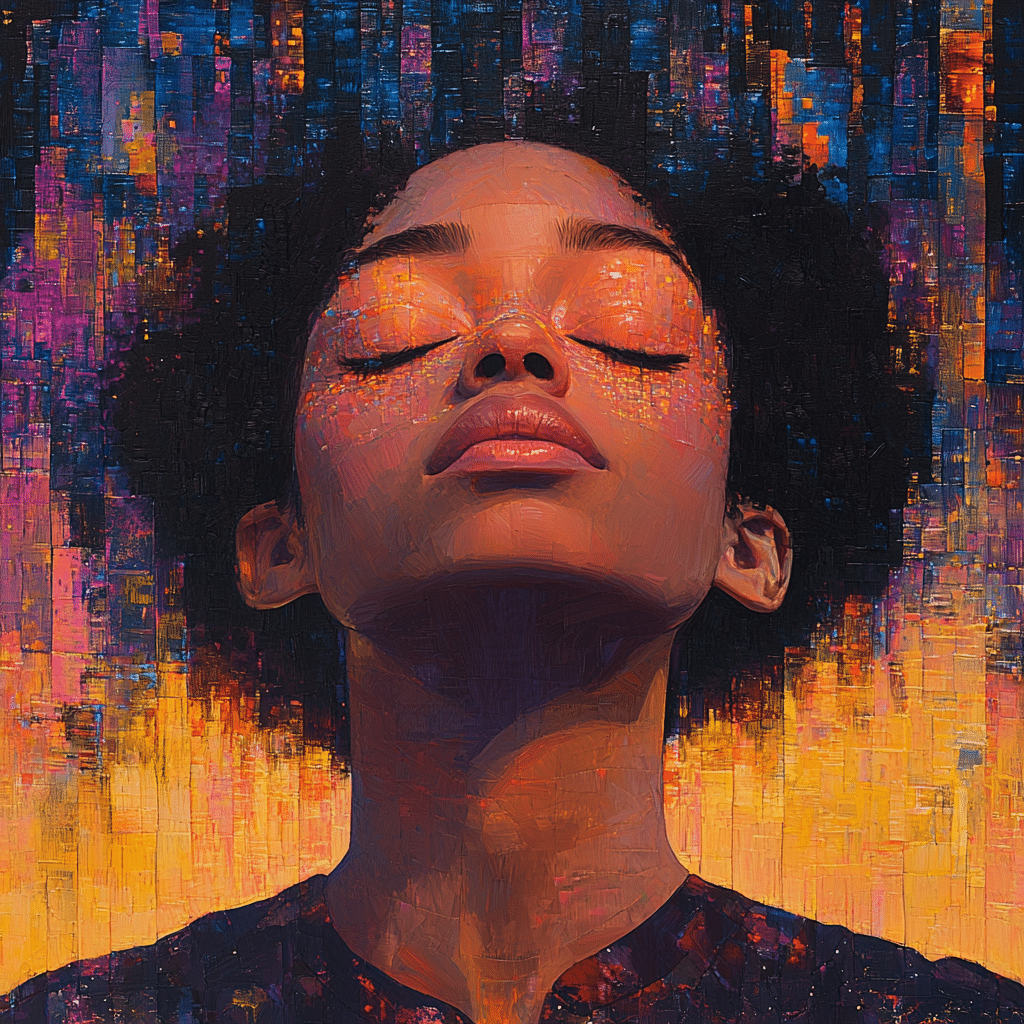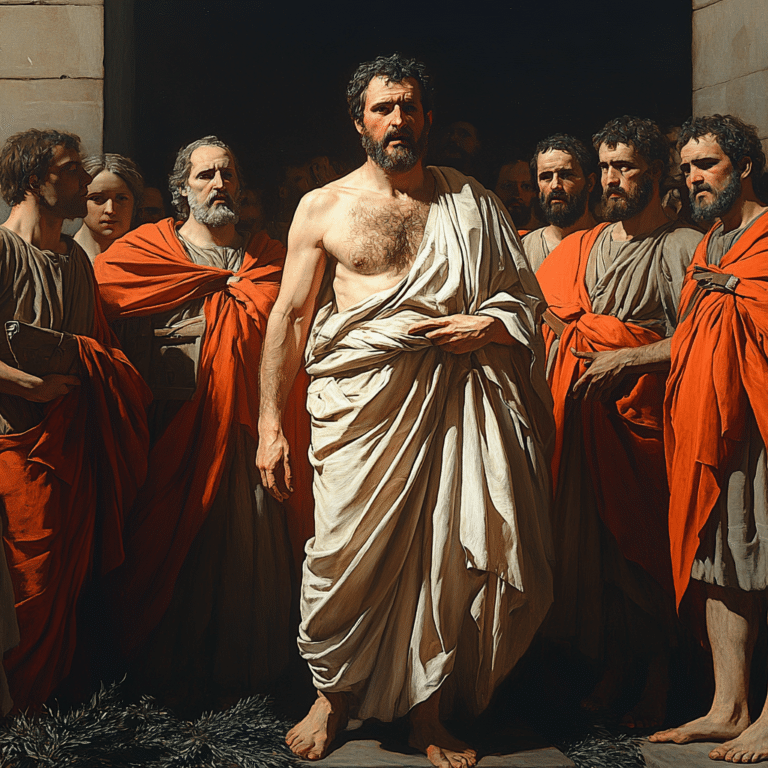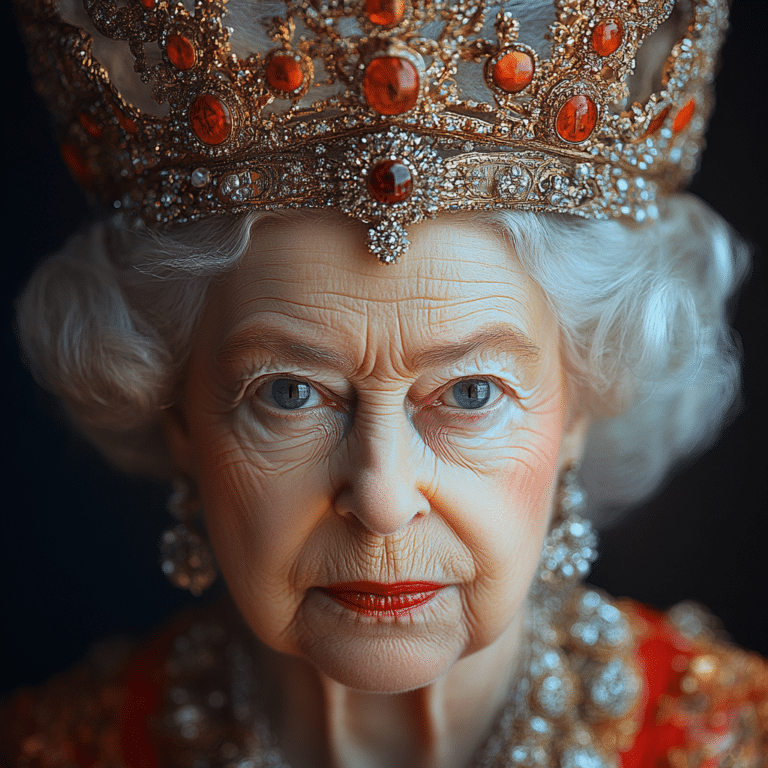In the rushed narrative of today’s society, few terms provoke more reaction than “woke.” At its core, what does it mean to be woke? Originally coined by members of the African American community, the meaning has shifted over the years to encompass a wide array of political and social consciousness, revealing disparities and injustices systemic to our nation. As we explore the defining characteristics of this culture, it’s crucial to evaluate how “woke” has woven itself into the fabric of modern America.
Let’s peel back the layers to understand the implications, the historical context, and the contemporary expressions of the term. Woke culture isn’t just a passing trend; it’s a movement that’s impacting our politics, our businesses, and frankly, our daily lives. With that in mind, we can look closely at the characteristics that define this nuanced ideology.
1. Acknowledgment of Systemic Inequities
To really grasp what it means to be woke today, you must first recognize the existence of systemic inequities. These aren’t just buzzwords; they resonate with the narratives of the marginalized. Movements like Black Lives Matter (BLM) have brought issues of police brutality and racial injustice to the forefront. In many ways, corporations are responding to this cultural shift. Major brands such as Nike, which voiced support for the BLM movement, have embraced this change, solidifying their stance on social justice. More than just promoting products, they are publicly committing to fight racial injustice.
This acknowledgment reflects a societal shift where many are willing to confront uncomfortable truths about inequality. It often leads to heated debates around topics like affirmative action, reparations, and police reform. What does it mean to be woke is largely intertwined with pushing for policies that aim to rectify these issues. It’s about recognition, but it’s also about action.

2. Environmental Awareness and Sustainability
Another hallmark of being woke in today’s society is a keen sensitivity toward environmental issues. We’re talking about a growing environmental awareness that transcends generations. Brands like Patagonia, which famously declared “Don’t Buy This Jacket” as part of their campaign, challenge consumers to rethink their consumption patterns in light of climate change. They beautifully illustrate how awareness about ecological sustainability doesn’t just lie in activism; it extends into the everyday choices we make.
This climate consciousness has crept into political discussions, where “green policies” are often juxtaposed with more traditional approaches. Whether you support new energy initiatives or champion deregulation, the impact of environmental agendas on the economy always leads to spirited discussions. For conservatives, the dialogue around sustainability often raises questions about individual freedoms versus collective obligations.
3. Intersectionality: The Interconnectedness of Identities
Next, we confront the notion of intersectionality—a layer of being woke that advocates for understanding how social identities intertwine. Coined by Kimberlé Crenshaw, intersectionality challenges us to consider how factors like race, gender, and class overlap to shape individual experiences. Activist groups like the ACLU now take this approach, weaving together the rights of LGBTQ+ individuals, people of color, and those with disabilities into their advocacy efforts.
This leads us to ask: Who do you think you are, I am? This famous moment from comedian Kyle Mooney poignantly illustrates the heart of intersectionality. It’s a reflection of people asserting their identities, demanding recognition for their unique struggles. While many embrace this concept, others perceive it as divisive, potentially complicating the framework of unity in conservative thought.

4. The Role of Cancel Culture
Ah, cancel culture—the modern-day guillotine of public opinion. A key aspect of woke culture, cancel culture serves as a mechanism to publicly shame or boycottr individuals or businesses for perceived transgressions against progressive values. The backlash against J.K. Rowling, who faced fierce criticism for her comments on transgender issues, signifies a broader trend where social accountability often escalates to social ostracism.
In this landscape, questions about freedom of speech versus social accountability abound. Are we creating a society that fosters genuine dialogue or one that suffocates dissenting opinions? By engaging with those we disagree with and finding common ground, we cannot merely brush aside complex societal issues without nurturing divisions.
5. Language and Inclusivity: The Power of Words
Words hold immense power—especially in the woke world. The emphasis on inclusive language showcases this beautifully. Brand campaigns that utilize gender-neutral pronouns, such as Converse adopting they/them options in their marketing materials, reflect society’s evolving language norms. The intent behind this inclusivity is to foster an environment where everyone feels recognized.
However, the fervor for politically correct language often leads to disputes amongst conservatives, who feel that such changes infringe upon their freedom of speech. What is the balance between respect for individuals and the desire for open dialogue? Navigating such issues is crucial for enriching public discourse without bowing to pressures of trending societal norms.
6. Social Media Activism: Amplifying Voices
Today’s digital platforms are instrumental in bolstering woke ideas, serving as vibrant arenas for social activism. Movements like #MeToo highlight how social media has empowered individuals to narrate their own stories, often leading to substantial shifts in societal attitudes toward gender and consent. Platforms like Instagram and Twitter have become megaphones for the voices that resonate, fostering conversations that flip traditional narratives on their heads.
But as we’ve seen, social media can be a double-edged sword. The rapid spread of misinformation, coupled with echo chambers, creates polarization that lacks constructive dialogue. As the fight for justice thrives online, so too should the fight against divisiveness, allowing for a discourse that captivates all sides.
7. Who Do You Think You Are, I Am? The Importance of Personal Identity
Lastly, but certainly not least, is the essence of personal identity within the woke framework. This theme is accentuated by moments that push against societal expectations, summoning individuals to assert their identities boldly. The newfound awareness surrounding personal truths reflects an urgent call for authenticity in a world rife with judgment.
This emphasis stands firm against traditional values, igniting debates in spaces where identity politics reign supreme. What does it mean to be woke in this context is an exploration of identity’s power, nuance, and ultimately its place within our communities. We must tread carefully, balancing respect for individuality with recognition of broader societal cohesion.
Navigating the Woke Landscape: A Balancing Act
As 2024 unfolds, the dialogue around what it means to be woke reveals not just definitions but a rich tapestry of interconnections between personal beliefs, corporate strategies, and social values. Our engagement with the various dimensions of this culture sparks strong opinions and rallies people to stand firm in their beliefs.
Critical discourse allows us to understand the multi-faceted nature of wokeness. It’s vital to realize that while the concept can inspire positive action, it can also drive a wedge through public discussions. Moving forward, let’s embrace a world where open dialogues can illuminate tensions while fostering a deeper understanding of human experiences.
To take the conversation further, consider the multitude of issues that intersect with these themes—like economic factors reflected in interest rates today and social structures such as the Fica limit 2024. We can ponder the value of choosing keynote Speakers near me who delve into these pressing discussions or wonder about economic initiatives like loan Builders that often impact marginalized communities.
Finally, as we build a narrative around our communities and identities, let’s seek clarity on matters relating to financial literacy, including understanding Fico score Meanings, while also reflecting upon the larger societal structures that affect us, as highlighted by events covered in pieces on secret service Failures or cultural phenomena shaping our understanding of the nation, like the atmosphere on 6th Street in Austin during high-profile events like a Packers game.
Indeed, it’s a balancing act. In this ever-complex landscape, let’s inspire mutual understanding, create spaces for value-driven conversations, and ensure that every voice feels recognized and empowered amidst a climate ripe with change.
What Does It Mean to Be Woke in Today’s Society
The Origin of ‘Woke’
So, what does it mean to be woke? Originally rooted in African American Vernacular English, the term “woke” began as a call to awareness about social justice issues and systemic inequalities. Over time, it’s grown into a catch-all phrase for someone who is alert to societal problems and actively fighting against injustice. Interestingly, this isn’t just a modern phenomenon; awareness has always played a role in social movements. Just like in the 1960s, when people came together for civil rights, today’s conversations echo with that same spirit of activism.
And here’s a fun tidbit: the term became widely popular in the 2010s, particularly via social media, where hashtags like #StayWoke took off. It’s fascinating to think about its cultural impact, akin to how people are eager to know Where Is Wendy williams documentary today, fueling curiosity and conversation about personal struggles and societal issues.
A Double-Edged Sword
These days, the concept of being woke carries both praise and criticism. Advocates argue that it embodies a crucial push for equity and justice, while detractors suggest it sometimes leads to performative activism or “cancel culture.” It seems puzzling how a term initially meant to uplift could sometimes be wielded as a weapon against differing views. This tension reminds us of historical debates about free speech; it really gets people talking.
For instance, surveys show that a significant portion of young Americans identify as woke, indicating a generational shift in values. This trend draws parallels to other cultural phenomena, such as the public’s deep interest in celebrity documentaries like Wendy Williams’ life story. As folks tune in, they’re often prompted to reflect on broader societal narratives—the quest for authenticity is indeed universal!
Moving Forward with Awareness
Ultimately, what does it mean to be woke in today’s climate? It’s about recognizing privilege and striving for a world where everyone is treated fairly. But being woke doesn’t just end with social media posts. It often involves community dialogue, education, and sometimes, uncomfortable conversations. The idea is to foster understanding and action, similar to how movements of yesteryear had meaningful conversations that inspired change.
As we look ahead, let’s remember that being woke isn’t about perfection but evolution. After all, awareness can lead to growth. Just like our fascination with stories, be they about pop culture icons or pressing social issues, being woke is about connecting the dots and sparking change. The discourse is continual, reflecting not only who we are but who we aspire to be as a society.

What is the meaning of woke people?
Woke people are those who are aware and actively attentive to important social issues, particularly around racial and social injustices. It’s about being conscious of these matters and trying to make a change.
What is another word for being woke?
Another word for being woke could be “aware” or “socially conscious.” These terms point to a similar understanding of being in tune with important societal issues.
What is the meaning of the verb woke?
The verb woke, in its original sense, simply means to have awakened, but it has evolved to mean being aware of social and political issues, especially related to justice and equality.
What is the first meaning of woke?
Originally, woke referred to being awake or alert, but it gained a deeper meaning among Black Americans involved in racial justice movements, highlighting an awareness of social injustices.
What does woke mean for Millennials?
For Millennials, woke often means being socially aware and engaged with issues like equity, inclusivity, and activism for marginalized groups.
What is the woke generation slang?
The woke generation slang is often used to describe young people who prioritize social justice, inclusivity, and activism in their conversations and actions.
What’s the opposite of woke?
The opposite of woke is often seen as “unaware” or “ignorant,” referring to someone who is not conscious or attentive to social and racial issues.
What is the Oxford definition of woke?
According to Oxford, woke refers to being aware of and actively attentive to social and political issues, especially regarding racial and social injustices.
What is another word for politically correct?
Another term for politically correct is “inclusive.” This phrase highlights a sensitivity to language and attitudes that avoid offending or marginalizing groups.
What is the urban dictionary definition of woke?
The Urban Dictionary describes woke as being aware of social injustices and activism, often related to race and identity politics, but it also sometimes carries a sarcastic or negative connotation.
How is woke used in a sentence?
Woke can be used in a sentence like this: “She’s really woke; she always brings up important issues at our meetings.”
What is the Collins dictionary definition of woke?
Collins dictionary defines woke as being aware of social and political issues, especially those related to inequalities and injustices in society.
What is the meaning of wokeism?
Wokeism refers to a set of beliefs centered around social justice, equality, and activism, often associated with leftist political movements.
What is the proper word for woke?
The proper word for woke in terms of its social meaning could also be “awareness,” focusing on being conscious of what’s happening in society, particularly regarding injustices.
What does Rizz mean?
Rizz is a slang term that refers to someone’s charm or appeal, particularly in romantic contexts. It’s about having the ability to attract or impress someone.
What is the meaning of the word wokeism?
The meaning of wokeism, in short, is a worldview or ideology that emphasizes awareness of social injustices and the importance of activism for equality and rights.
What is the opposite meaning of woke?
The opposite meaning of woke would be “asleep” or “uninformed,” suggesting a lack of awareness about social and racial issues.
How is woke used in a sentence?
Woke is often used in a sentence like: “The new policies at work reflect a more woke approach to diversity and inclusion.”
What is the Oxford definition of woke?
The Oxford definition of woke highlights being alert to social injustices, indicating a broader cultural awareness around race and politics.





































